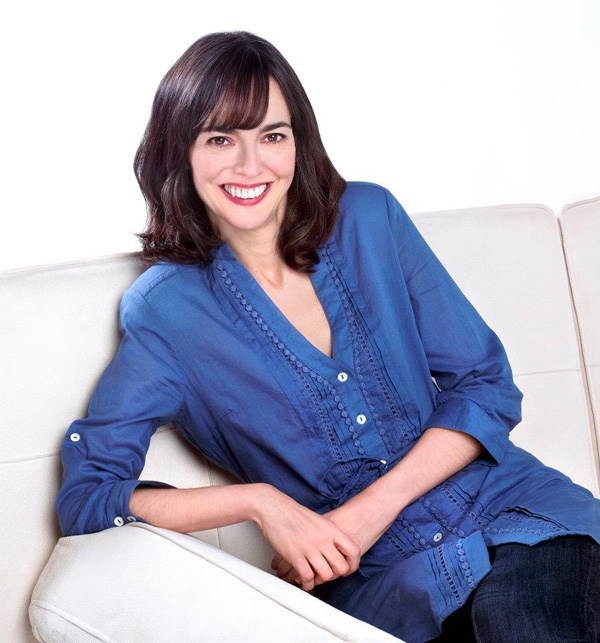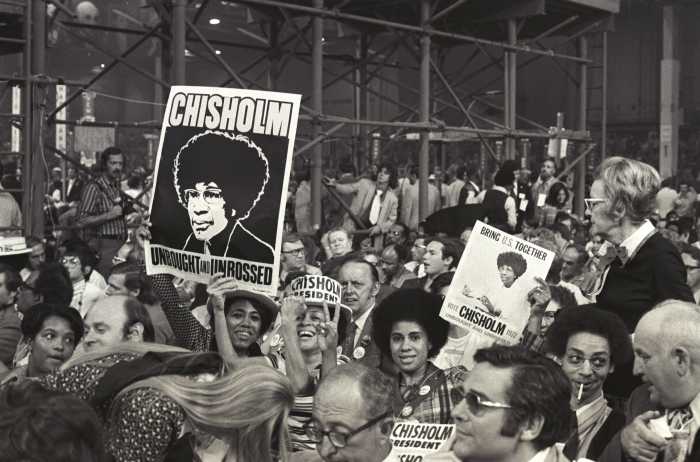BY LENORE SKENAZY | Every time Ted Merwin sat down to research his new book, he would get hungry. After interviewing him, I had the same problem — I ran out and bought myself half a pound of Hebrew National bologna. How come?
All you need to do is look at the name of his book: “Pastrami on Rye: An Overstuffed History of the Jewish Deli.” It’s coming out in October.
Growing up on Long Island, the son of a Williamsburg, Brooklyn mom and a Beechhurst, Queens dad, Merwin says he didn’t get much of a religious upbringing. But on Sunday nights, when his grandparents came by, they’d almost invariably sit down to a feast of pickles, meats, rye bread and maybe a chocolate egg cream (which native New Yorkers know has never contained either eggs or cream. It’s basically chocolate syrup with a shot of seltzer and, just sometimes, a splash of milk).
As Merwin thought back on those years — and how he came to be a professor of Jewish studies — he started to wonder about the role of the deli in Jewish life. He figured that, like Yiddish and a sense of humor, delis must’ve come to New York with the flood of Eastern European immigrants in the early 1900s.
He figured wrong.
“I couldn’t find much evidence of there being a lot of delis on the Lower East Side,” Merwin says. In fact, an 1899 survey found only 10 delis there, “And that was the most crowded place on the face of the earth. Hundreds of thousands of Jews there, and it wasn’t a big part of their lives.”
While Katz’s opened on Ludlow Street in 1888, deli culture didn’t really take hold in New York until the ’20s or ’30s, once the Jews became a little less desperately poor, and also once sandwiches became a part of bustling city life — a meal you could take on the run.
This new convenience was not without controversy.
“There were real concerns, particularly among the more conservative social commentators, that the deli was destroying civilization,” says Merwin. Consider that women who had just gotten the right to vote were taking college classes, frequenting jazz clubs. And now, thanks to the deli, “they could come home five minutes before their husband and run to the corner deli and have a whole meal waiting without having to cook anything at all.”
Horrors.
As the Jews migrated out to the boroughs, delis followed, featuring what Merwin calls “the triumvirate” of Jewish meats: pastrami, corned beef and tongue. By the 1930s there were 1,550 kosher delis throughout the city. Here Jews met their future mates, gathered with extended family and caught up on local news.
“Sunday night in the kosher deli became the secular equivalent of Friday evening in the synagogue,” says Merwin.
At the same time, glamorous Midtown delis were opening that flagrantly flouted the religious rules against mixing milk with meat, and using only kosher foods. Lindy’s, Reuben’s, The Stage and the Carnegie Deli weren’t catering to local families or even just Jews. They served a different purpose, in the form of a sandwich too big to finish.
“The whole idea of the overstuffed sandwich was really a symbol of the bounty of America,” Merwin says. And to be surrounded by glossy photos of celebrities who’d eaten the same food as you at the same place — that was really something. To eat at a Midtown deli was to tell the world: You’d made it.
Of course, time and tongue wait for no man, and eventually the glory days of the deli began to fade. Jews moved on to Chinese food, for reasons requiring another book, and health concerns were the final nail in the onion roll. If you want to live forever, chopped liver is probably not the ticket.
It’s hard to say the exact number of delis left in New York now, in part because of the fluidity of the term. Is a deli a place with salami omelets and rude waiters? Or is it where you can buy a plantain at midnight?
Today’s tourists digging into massive pastrami sandwiches in Midtown will say they’re there for the “New York Food.” The Jewish link is lost on them. The mouth-watering, meat-worshipping, top-of-the-world feeling is not.
And with that I must bid you a hasty goodbye. I’ve got a date with two pieces of rye and…whatever.
Lenore Skenazy is a public speaker and founder of the book and blog Free-Range Kids (freerangekids.com).






































